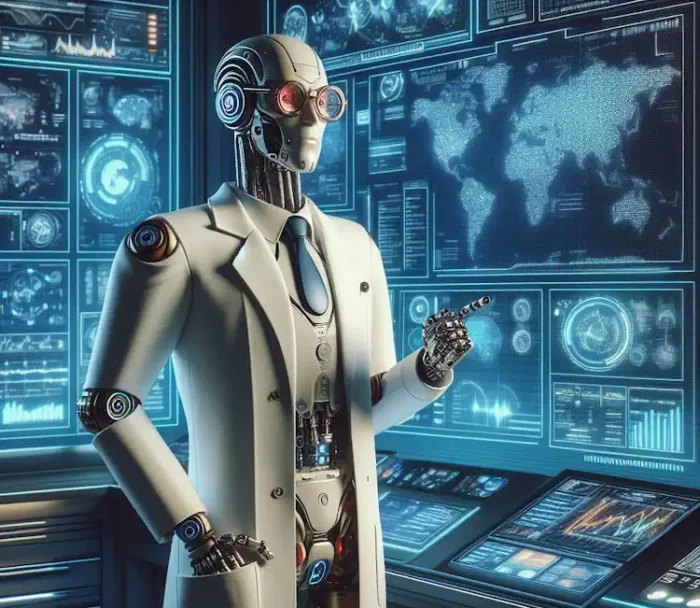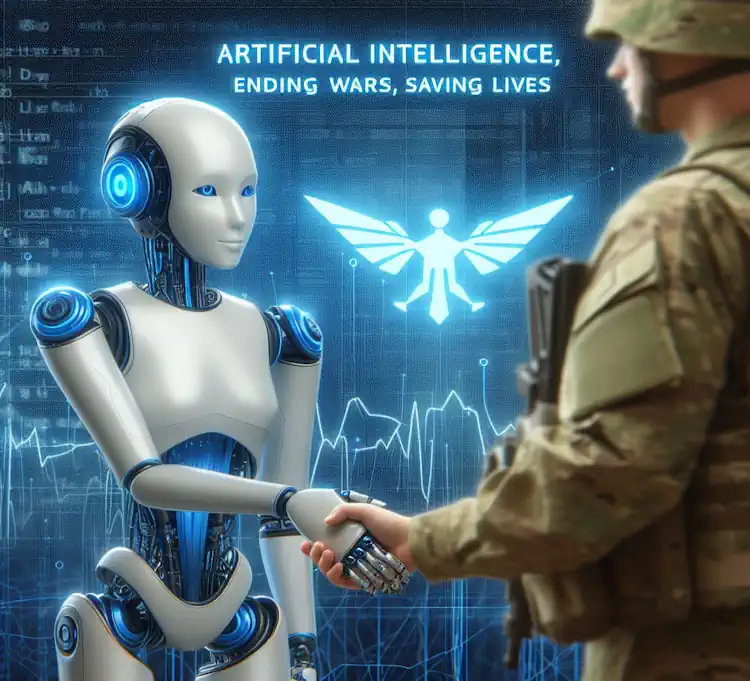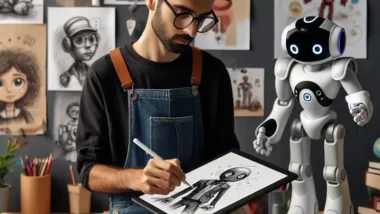Table of Contents
A Lens on Conflict: The Pessimism of a Renowned Photographer
Sir Donald McCullin, a name synonymous with powerful war photography, recently shared a somber reflection on his career. Despite decades of capturing the brutality of conflict, he expressed a disheartening view that his work did little to change the grim reality of war. His words resonate with a sense of futility in the face of persistent global strife.
AI: The Next Frontier in Peacemaking?
Amid these reflections on the past, a modern development stands poised to reshape the future. An artificial intelligence summit, fittingly held at Bletchley Park—once the hub of wartime codebreaking—explored the potential of AI. While AI technology has already begun to transform fields like healthcare and finance, its role in addressing human conflict remains a tantalizing possibility.
Artificial Intelligence: Savior or Destroyer?
The debate around AI’s influence is polarized. UK Technology Secretary Michelle Donelan highlights its life-enhancing capabilities, while visionaries like Elon Musk warn of its potential dangers. Yet, the question looms: could AI help us unravel the complex tapestry of war and lead us to peace?
Envisioning a World Informed by AI
Imagine an artificial intellect, fed with vast data on military history, treaties, and the human cost of war, including the poignant imagery of Don McCullin. Could such a machine deduce the absurdity of conflict, or are we doomed to ignore the lessons of our past? Jeremy Corbyn MP (Member of Parliament) suggests a radical idea: bypass the bloodshed and proceed directly to peace talks.

We asked an AI how it could help with ending or preventing wars. It offered several ways in which AI might contribute to world peace and the resolution of conflicts:
1. Early warning systems: AI can be used to analyze large amounts of data and identify patterns that may indicate the onset of conflicts. By monitoring social media, news articles, and other sources, AI systems can detect early warning signs and provide timely alerts to relevant authorities, enabling them to take preventive measures.
2. Conflict resolution: AI can assist in mediating and resolving conflicts by providing unbiased analysis and recommendations. AI-powered algorithms can help identify common ground, suggest potential compromises, and facilitate negotiations between conflicting parties.
3. Peacekeeping operations: AI technologies, such as drones and surveillance systems, can be used in peacekeeping missions to monitor conflict zones, detect potential threats, and provide real-time situational awareness to peacekeeping forces. This can help reduce casualties and increase the effectiveness of peacekeeping efforts.
4. Natural language processing and translation: Language barriers often hinder effective communication in conflict resolution processes. AI-powered natural language processing and translation tools can bridge these gaps, enabling parties with different languages to understand each other better and facilitate dialogue and understanding.
5. Disarmament and non-proliferation: AI can aid in monitoring and verifying arms control agreements by analyzing satellite imagery, monitoring border crossings, and identifying potential violations. This can help prevent the spread of weapons and contribute to disarmament efforts.
6. Predictive analytics for conflict prevention: AI can analyze historical data and identify factors that contribute to conflicts, such as economic disparities, social unrest, or political instability. By identifying these risk factors, AI can help policymakers and organizations take proactive measures to address underlying issues and prevent conflicts from escalating.
While AI could provide valuable assistance in peacebuilding efforts, it cannot replace the need for human diplomacy, empathy, and ethical decision-making. The ultimate goal of AI should be to support human efforts in promoting peace and resolving conflicts, rather than replacing human judgment and decision-making processes.
The Legacy We Owe to the Fallen
The countless lives lost in battles across history deserve more than a future marred by endless combat. Perhaps, in the realm of artificial intelligence, we might find the keys to a lasting peace and a fitting tribute to those who have paid the ultimate price.


